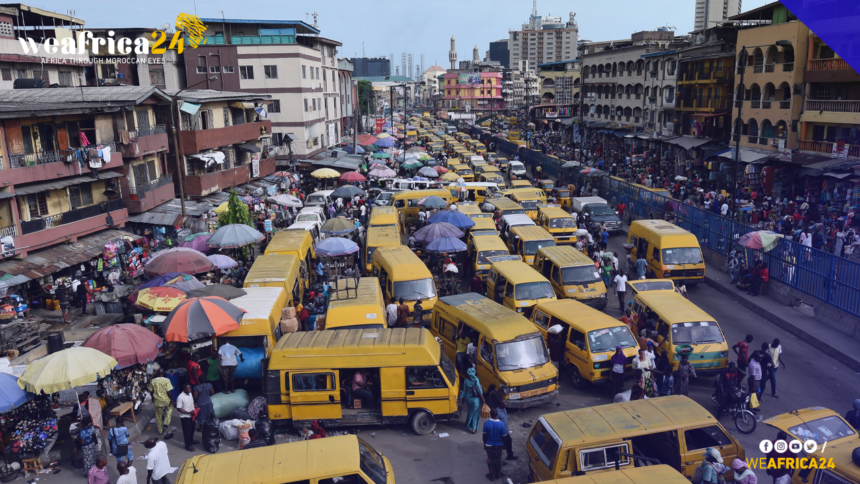South African Minister of Cooperative Governance and Traditional Affairs (Cogta), Thembi Nkadimeng, has expressed growing concerns about the surging levels of urban poverty, as she highlights the unexpected scale of migration that has outpaced the government’s projections and budgets.
Nkadimeng shared her insights during a media briefing held on the sidelines of the African National Congress’s (ANC) National Executive Committee (NEC) meeting in Boksburg. In her capacity as the chair of the ANC’s Subcommittee on Legislature and Governance, she emphasized the impact of migration on the country’s urban areas.
This week, the release of the 2022 Census data unveiled some startling statistics, including the fact that over 2 million people residing in South Africa were not born in the country. Additionally, approximately 400,000 individuals moved to Gauteng over the past decade.
Nkadimeng emphasized that the government’s ability to meet housing and service delivery targets, which were established based on historical data, has now been severely challenged by the constant influx of people into major cities and metropolitan areas.
“Contrary to what you heard, for example, in our 10/15-year review of local government in the past, the indication of urban poverty was very minimal. But now, you come to the City of Johannesburg, you see there are more and increasing signs of urban poverty. This implies that our city planning and strategies must adapt and evolve,” Nkadimeng noted.
Nevertheless, the ANC maintains that despite South Africa grappling with persistent service delivery issues, the census demonstrates significant progress in various aspects. The census provides valuable insights into the nation’s demographics through the collection of economic and social data over time.
Nkadimeng emphasized that, although challenges persist, the situation is notably improved since 1994. Even municipalities, while facing administrative and governance difficulties, have made substantial progress in ensuring service delivery, including in rural areas that previously lacked essential services like refuse collection.







